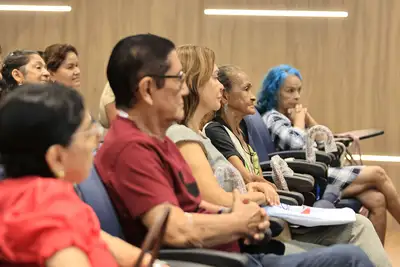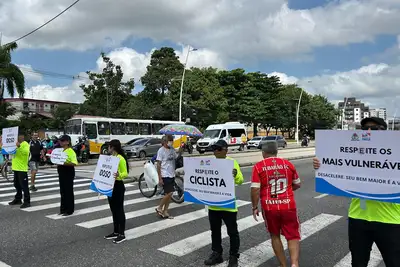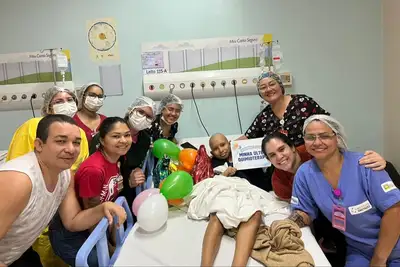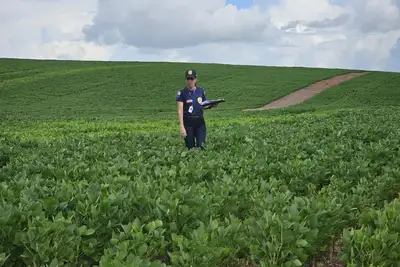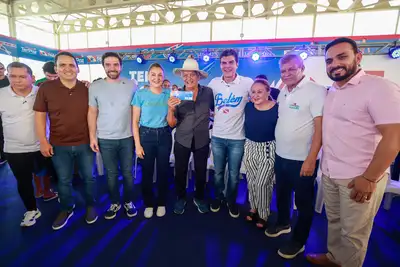Democracy and racial justice mark the 5th Conference on the Promotion of Racial Equality
Working Groups point out paths for public policies aimed at the black population in Pará, on the second day of the event in Belém
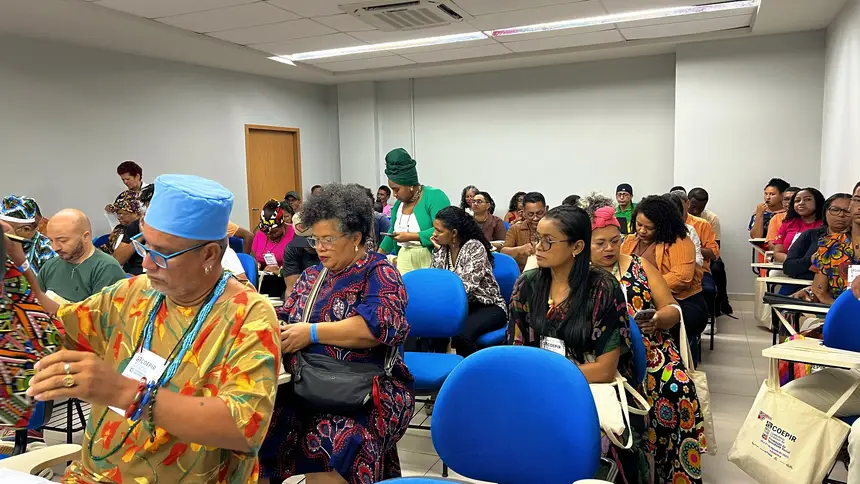
After a first day of African musicality and thematic lectures, the 5th State Conference on the Promotion of Racial Equality, held by the Government of Pará, through the State Secretariat for Racial Equality and Human Rights (Seirdh), continued on the morning of this Thursday, 21, with Working Groups (GTs) formed from three axes for the elaboration of public policy proposals for voting. Held at Cesupa - Campus Alcindo Cacela II, in Belém, the program brings together representatives of civil society and public state agencies for debates on racial justice and the proposition of public policies.
The Working Groups followed the structure of the 5th National Conference on the Promotion of Racial Equality (CONAPIR) and were defined by the National Council for the Promotion of Racial Equality in collaboration with the Ministry of Racial Equality.
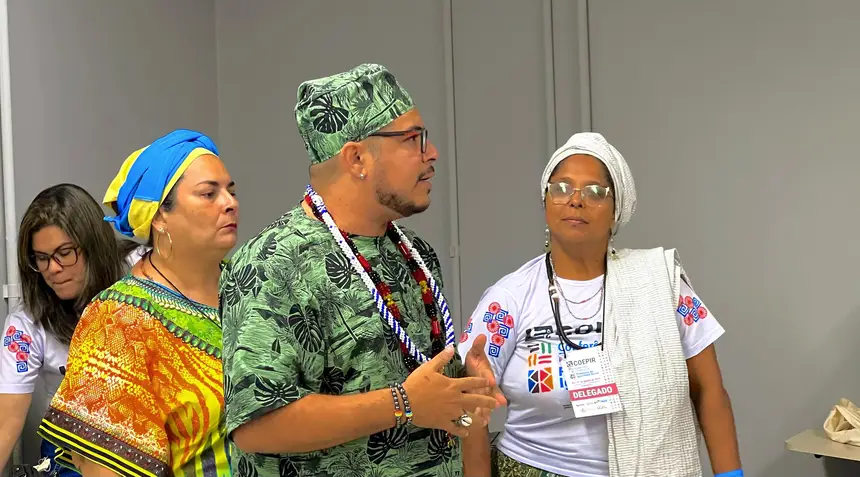
For Denilson Silva, manager of the Promotion of Racial Equality at Seirdh, the moment is crucial to resume discussions on the implementation of public policies. “This state stage of the conference is a milestone and represents the culmination of our municipal stages, and we are happy with the participation of our municipal delegates in a plural event. We hope that this conference reflects the diversity and needs of the state of Pará,” he stated.
Thematic axes
The axis “Democracy” aimed to strengthen the popular participation of the black population in the construction of public policies. There was involvement from various actors such as black youth, traditional peoples, African matrix, the gypsy population, indigenous people, and other relevant communities. The goal was to ensure that public policies for the black population are comprehensive and representative of the groups.
In the axis “Reparation,” issues such as environmental racism affecting black and traditional communities were addressed. Violence in urban centers, including attacks on houses and African matrix terreiros, was also on the agenda. Reparation policies for victims were proposed. Additionally, issues regarding the extermination of black youth and violence against women were discussed, often exacerbated by the intersectionality of gender and race.
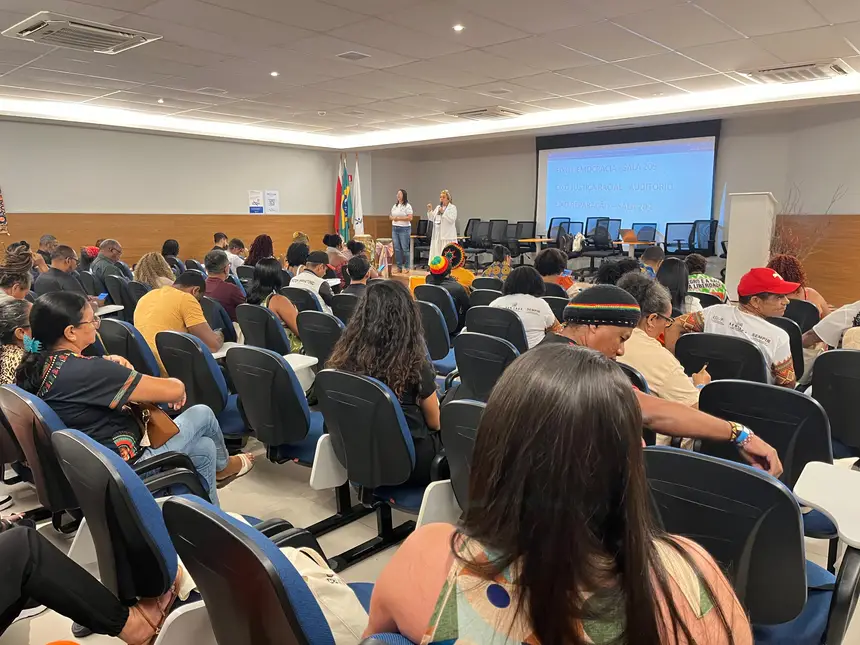
The axis “Racial Justice” focused on a democratic, governmental, and institutional system that guarantees access for the black population, especially youth, to equal opportunities. The incarceration policy in Brazil was discussed, with special attention to incarcerated individuals, considering gender and race. Measures that ensure full and equitable citizenship for all populations were analyzed.
The estimate is to send about 30 proposals to the national stage. According to the head of Seirdh, Edilza Fontes, the choice of axes was based on the debates with the help of facilitators and provocative questions. “We made adjustments to the program so that the Working Groups had more time to formulate their proposals. All will be voted on in plenary and compiled into a report to be presented to the Ministry of Racial Equality at the National Conference. There, we will have the opportunity to approve our proposals at the national level, contributing to the constructive process,” she emphasized.
Place of speech
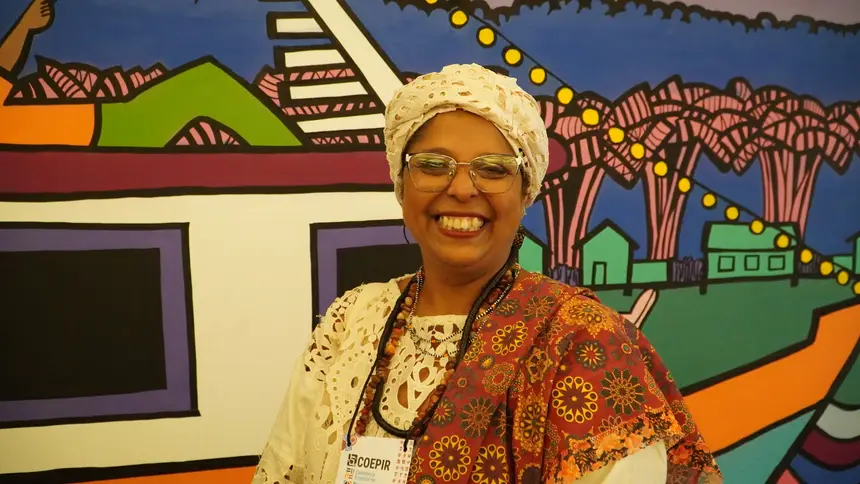
According to Kátia Nunes, a member of the State Council for the Promotion of Racial Equality Policy (CONEPPIR) and vice-president of the Organized Commission of the State Conference, promoting debate is fundamental for the equitable construction of public policies. “We started a dialogue process on public policies for the black community, specifically, which I represent, the Traditional Peoples of African Matrix (POTMA). The lectures held in the morning and the Working Groups held in the afternoon were of utmost importance to create perspectives for change, literacy, conversations, and combating racism,” she said.
Program - The program continues in the afternoon of this Thursday. The voting on public policy proposals from the Working Groups and the election of delegates for the national stage, scheduled to take place between September 15 and 19, in Brasília (DF), will be held.
State Conference - The 5th State Conference on the Promotion of Racial Equality takes place after the holding of 24 municipal conferences that had the support of the Government of Pará and the State Council for the Promotion of Racial Equality Policy (Coneppir).


